It was felt, long ago that there is a necessity for the revision of Hooker’s Flora of British India. Therefore, Santapau (1952, 1962) and Janaki Amal (1954) suggested a way out-the revision of the regional floras by different workers working in research institutions, colleges and universities and publication of their works. Several districts of floristic significance in different states have been intensively and extensively botanized for writing district floras and to prepare revisions of different plant families. The present work on the Flora of Agra District, Uttar Pradesh is one such study to assess the plant diversity in the area. The location of Agra district has been, since long, very significant from geographical, historical and strategic points of view. The flora deals with the description of the vegetation and its associated factors, taxonomic treatment of 609 taxa, each with notes on distribution, frequency, phenology, collector’s names, field numbers, uses etc. Efforts have been made to bring the nomenclature uptodate as per the present botanical code.

Flora of Agra District
by A K Sharma
$29.64
$31.20
In stock
Free & Quick Delivery Worldwide
All orders amounting to US$ 50 or more qualify for Free Delivery Worldwide. For orders less than US$ 50, we offer Standard Delivery at $14 per book.
ABOUT THE AUTHOR A K Sharma
Shri A.K. Sharma is an archaeologist of repute. He is internationally known for his original contributions in the field of archaeology and anthropology. During thirty three years of his hectic career, in different capacities in the Archaeological Survey of India he explored and excavated a number of sites throughout the length and breadth of the country, particularly in remote and inaccessible areas of North-East India, Jammu Kashmir and Lakshadweep. To his credit goes the discovery and excavation of the biggest Stone Age site Anangpur, near Delhi, the biggest prehistoric cave of Kachagad in Maharashtra, the sprawling nucleus megalithic site in Chhattisgarh, unique Neolithic site of Gufkral in Kashmir Valley, early historic sites of Sekta in Manipur and Vadagokugiri in Garo Hills of Meghalaya. He is also known for the discovery of horse bones of domesticated horse in Harappan context which have been internationally acknowledged and has changed the whole theory about Aryans and Vaidic period. He worked at Kalibangan excavation from 1961 to 1969. He has to his credit more than 50 published research papers on anthropology, archaeozoology, prehistory and other aspects of archaeology. Presently he is working as Senior Fellow of Indian Council of Historical Research on his project “Megaliths of Chhattisgarh including Bastar:. He is also directing the excavations at Mansar near Nagpur.
reviews
0 in total
Review by Anonymous
Be the first to review “Flora of Agra District” Cancel reply
You must be logged in to post a review.
Bibliographic information
Title
Flora of Agra District
Author
Edition
1st ed.
Publisher
Length
356p., Maps.
Subjects


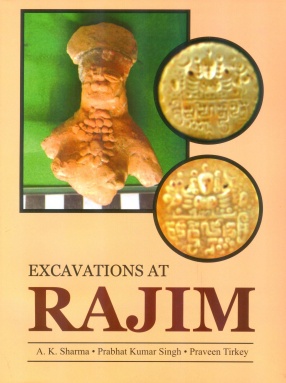
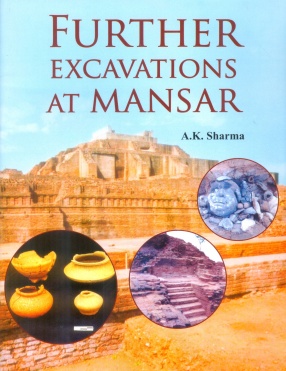
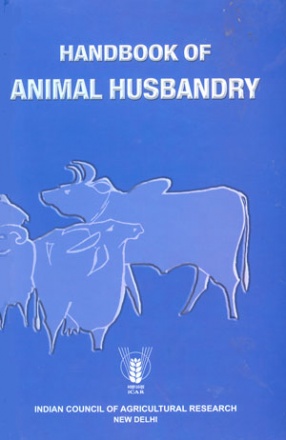
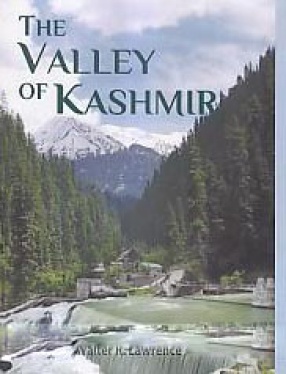
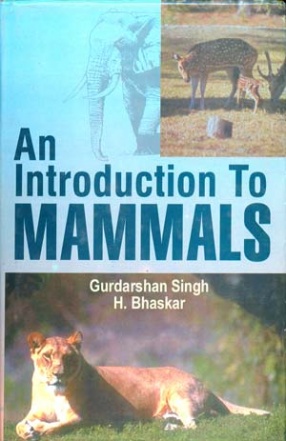
There are no reviews yet.